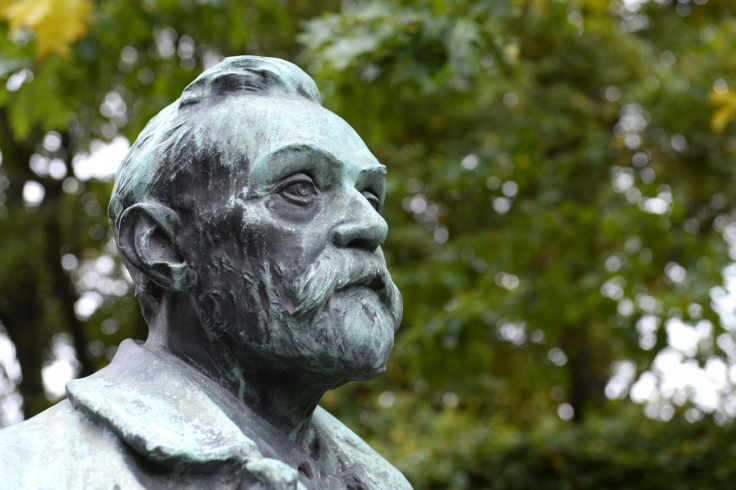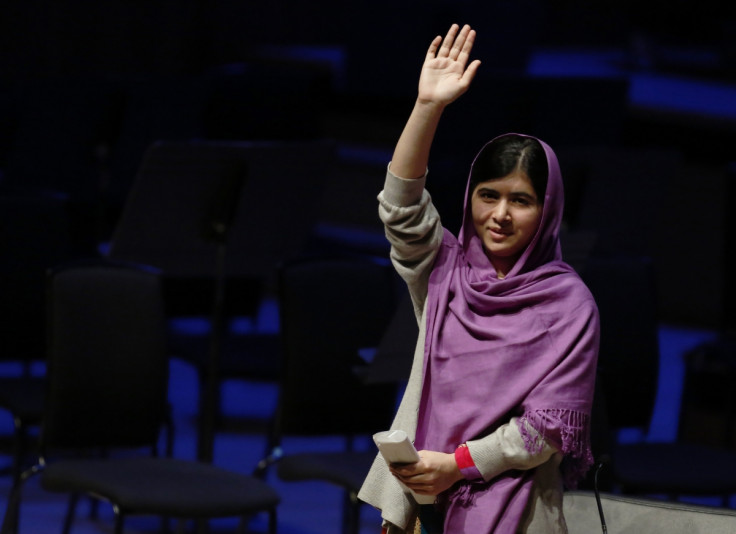Nobel Peace Prize: Facts and figures about the 115-year-old prize
Why was Hitler nominated? Who is the youngest laureate so far? Everything you need to know and more.

The Nobel Peace Prize has been awarded since 1901 in the name of Alfred Nobel, the Swedish chemist and engineer who left his fortune to individuals or organisations that promote peace between nations. The very first prize was awarded five years after Nobel's death in 1901 – and of the 300 peace prizes in the world, it remains the most prestigious.
Ahead of the announcement on Friday 7 October, of the 2016 winner, here are ten facts about the historic prize:
'Work for fraternity'
Since December 1901, the prize has been awarded to those who have "done the most or the best work for fraternity between nations, for the abolition or reduction of standing armies and for the holding and promotion of peace congresses". He also stated that the peace prize should be awarded by a Norwegian committee.
Youngest winner
The youngest Nobel Peace Prize Laureate to date is Malala Yousafzai, who was 17 years old when awarded the 2014 Peace Prize. The Pakistani activist first came to public attention through her heartfelt diary – published on BBC Urdu – which chronicled her desire to remain in education and for girls to have the chance to be educated.
In October 2012, she survived being shot in the head by a Taliban gunman and after her recovery and rehabilitation in the UK, took her campaign global.
Oldest winner
The oldest laureate to date is Joseph Rotblat, a Polish physicist, who was 87 years old when he won the 1995 prize. His work on nuclear fallout was a major contribution toward the ratification of the 1963 Partial Nuclear Test Ban Treaty.
Under arrest
Three peace prize winners were under arrest at the time of their award: German pacifist and journalist Cal von Ossietzky in 1935, Burmese politician Aung San Suu Kyi in 1991 and Chinese human rights activist Liu Xiaobo in 2010.
Churchill
Winston Churchill was nominated for the 1953 Nobel Peace Prize and the Nobel Prize in Literature, which he won latterly.

Hitler
Adolf Hitler was nominated for the peace prize in 1939 by a member of the Swedish parliament called E. G. C. Brandt – but the nomination intended as satire.
First laureates
Henry Dunant and Frederic Passy were the first recipients of the Nobel Peace Prize in 1901. Swiss businessman Dunant was a witness to the battle at the town of Solferino in Italy in 1859. After organising humanitarian aid work, he wrote the book A Memory of Solferino, which stated all countries should form associations to help the sick and wounded on the battlefield – regardless of what side they belong to. The result was the foundation of the International Committee of the Red Cross in 1863 and the adoption of the Geneva Convention the following year.
As an economist and politician, Passy maintained that free trade between independent nations promoted peace. Passy was also one of the founders of the Inter-Parliamentary Union, an organisation for co-operation between the elected representatives of different countries.
Money
In 2015, the Nobel Peace Prize was worth around SEK8m (Swedish krona), around £761,835 or $970,000.
Declined
The peace prize has only been turned down once. In 1973, US Secretary of State Henry Kissinger and Vietnamese diplomat Le Duc Tho were awarded the Nobel Peace Prize for negotiating the Paris peace accords. Kissinger accepted, but Tho said he could not accept the award until peace was "truly established" – due to the ongoing conflict in his country.
Josef Stalin
The former leader of the Soviet Union was nominated for the Peace Prize in 1948 by Władysław Rieger, a Prague University professor. As well as being the brains behind the campaign of political repression known as the Great Terror, Stalin ordered the execution of 25,700 Polish POWs in March 1940, known as the Katyn massacre. Stalin personally told a Polish general they had "lost track" of the officers in Manchuria, yet Polish railroad workers found the mass grave after the 1941 Nazi invasion.
© Copyright IBTimes 2025. All rights reserved.





















